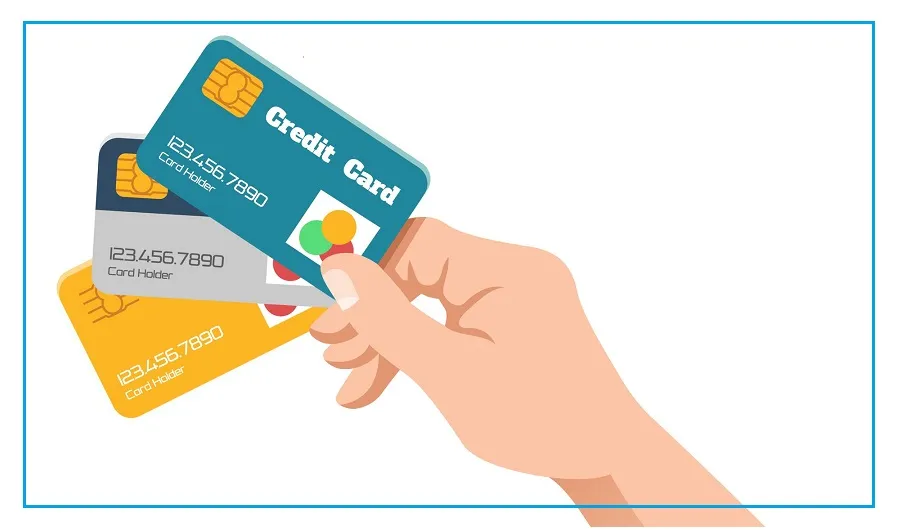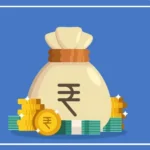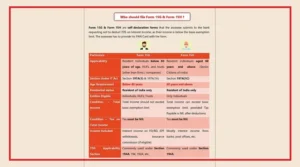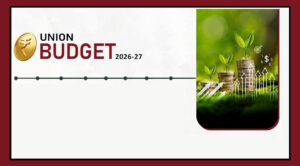Managing finances effectively is crucial for maintaining financial well-being. It’s essential to spend money wisely, ensuring it’s allocated to the right places while maximizing savings.
One common practice is paying utility bills, such as electricity bills, through credit cards. Let’s examine the advantages and disadvantages of this approach to determine its wisdom.
Advantages:
1. Convenience:
Paying electricity bills with a credit card offers unparalleled convenience.
It’s a hassle-free process that can be completed with just a few clicks from the comfort of your home, saving valuable time and effort.
2. Reward Points:
One of the significant perks of using a credit card for bill payments is earning reward points.
Many credit cards provide rewards for electricity bill payments, which can be redeemed for various benefits such as cashback, discounts, or even flight bookings, ultimately leading to cost savings.
3. Increased Savings:
Some credit cards offer additional benefits like points and cashback, further enhancing savings.
By strategically using your credit card, you can leverage these rewards not only on electricity bills but also on other expenses, maximizing your overall savings.
4. Cash Flow Management:
Paying electricity bills with a credit card allows you to defer payment for up to 48 days without incurring interest charges.
This extended repayment period enhances cash flow management, providing flexibility in meeting financial obligations.
5. Streamlined Bill Payments:
Utilizing a credit card streamlines the bill payment process, making it more efficient and organized.
With careful selection and usage of a credit card tailored to your spending habits, you can effectively manage your electricity bill payments.
Disadvantages:
1. Interest Charges:
Failure to repay the credit card dues on time may result in accruing interest charges, negating any potential savings from rewards.
It’s essential to adhere to payment deadlines to avoid additional expenses.
2. Temptation to Overspend:
Using a credit card for bill payments may tempt individuals to overspend beyond their means, leading to debt accumulation if not managed responsibly.
3. Annual Fees:
Some credit cards may impose annual fees, reducing the net benefits gained from reward points and cashback, particularly for individuals who don’t utilize the card frequently.
4. Potential Impact on Credit Score:
Consistently carrying high credit card balances or missing payments can adversely affect your credit score, impacting your financial health in the long run.
In conclusion, paying electricity bills with a credit card can offer numerous advantages, including convenience, rewards, and improved cash flow management.
However, it’s essential to exercise caution, adhere to payment deadlines, and use credit responsibly to mitigate potential drawbacks and maximize the benefits.

























